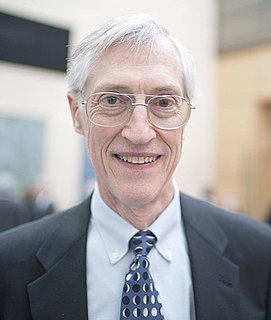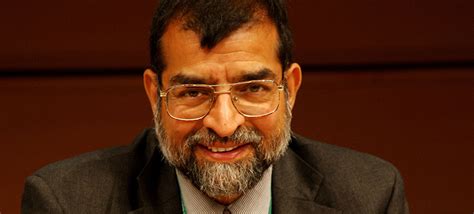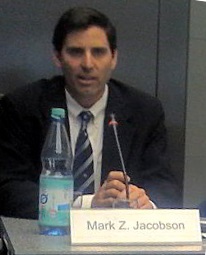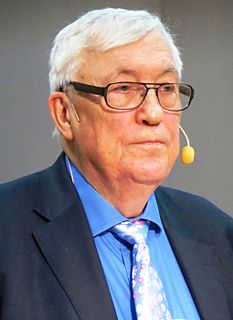A Quote by John C. Mather
Many of the problems facing the nation and the world today may only be solved if their technical elements are understood - climate change, energy supply, health care, and infrastructure, to name just a few.
Related Quotes
Considering that future generations will be far better off than current generations even after accounting for climate change, it would be more equitable for today's industrialized world to help solve the real problems facing today's poorer developing world than to mitigate climate change now to help reduce the burden on future populations that would not only be wealthier but also technologically superior.
Furthermore, we believe that health care reform, again I said at the beginning of my remarks, that we sent the three pillars that the President's economic stabilization and job creation initiatives were education and innovation - innovation begins in the classroom - clean energy and climate, addressing the climate issues in an innovative way to keep us number one and competitive in the world with the new technology, and the third, first among equals I may say, is health care, health insurance reform.
The signs of climate change are visible across the nation, from the drought-stricken fields of Central California to the flooded streets of Michigan. Extreme weather is turning people's lives upside down and costing communities millions of dollars in damaged infrastructure and added health care costs.
The U.N. has brought peace and order to many places around the world. However, terrorism, violent extremism, violations of human rights, natural disasters caused by climate change - they all threaten the lives of people today. Add migration, insufficient health care, lack of education, and the picture gets even bleaker.
As climate change moves from a model of the future to the reality of the present, health care systems across the country are facing a difficult set of questions. What are doctors supposed to do when wildfires, rising floodwater or other natural disasters threaten their ability to provide care for patients?




































